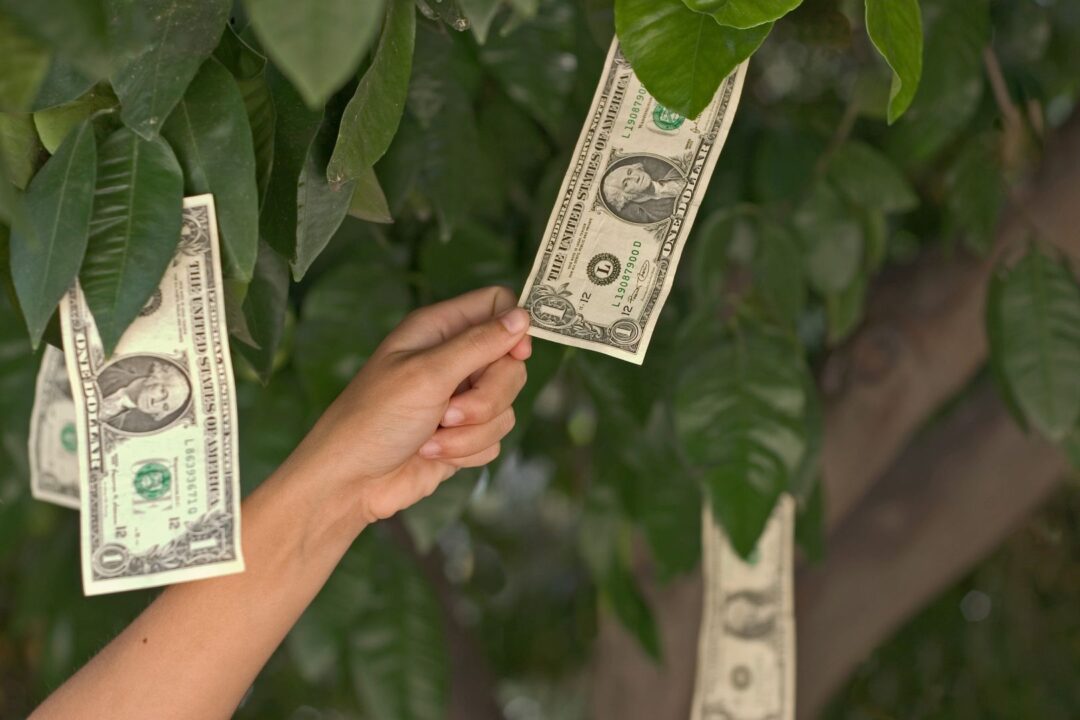Teruma, which is holy, must be eaten in purity (by the priests). Since we can no longer purify ourselves with the ashes of the red heifer (19:14 above), teruma may not be eaten today. Therefore, we separate the smallest permissible amount (slightly more than one percent) of the produce and respectfully dispose of it. In contrast, ma’aser rishon is not holy, so it can be given today. It is preferable to give the worth of the produce to a Levite who teaches Torah. Similarly, ma’aser ani is not holy, so we can fulfill this mitzva by giving the monetary equivalent of the produce to the poor. But ma’aser sheni has to be eaten in purity (in Jerusalem), which is no longer feasible. Rather, the produce is redeemed by transferring its holiness onto a coin (or food worth at least a peruta), which is then disposed of reverently.
If terumot and ma’asrot have not been separated from produce, they may not be eaten. In practice, most supermarket chains and grocery stores in Israel make sure to separate terumot and ma’asrot from the produce they sell, and their kashrut certificate attests to this. If one buys fruits and vegetables in Israel at a store without kashrut certification, one should separate terumot and ma’asrot oneself, using the formula found in prayerbooks.
Over the course of the last century, agricultural produce has gone from 90% of Israel’s GDP to a mere 1%, so the agricultural tithes certainly cannot support the needy. Fortunately, the Sages mandated that we set aside 10% of our salaries and earnings (ma’aser kesafim) for charity and Torah institutions. More noble than giving a tenth of one’s income is giving one fifth (6:12 above).
















